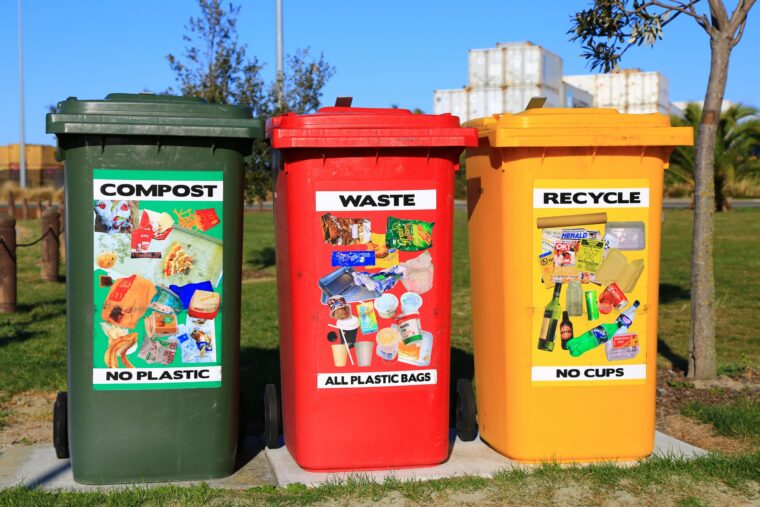
Connecticut is dealing with a solid waste disposal crisis, as conventional methods for handling municipal solid waste (MSW) are becoming either less available or more costly. With a shrinking number of aging disposal facilities in the state, both residents and local officials should anticipate rising fees at the remaining waste-to-energy plants and higher costs for out-of-state landfills.
In response to this crisis, the Connecticut Department of Energy and Environmental Protection (DEEP) is announcing the availability of $15 million in grant funding for municipalities, councils of government and regional waste authorities. This funding aims to bolster development of materials management infrastructure (MMI) at the local and regional levels.
The grant program will give money to cities and regional groups to build small- or medium-sized waste management systems either in their entirety or as part of a bigger project. The goal is to help reduce waste and improve how much waste is recycled or diverted, so Connecticut can better handle its own waste disposal.
To tackle the state’s waste problem, DEEP runs the Sustainable Materials Management (SMM) Grant Program. Over the past two years, the program has funded waste management projects in 15 municipalities, focusing on separating food scraps from regular waste and gathering valuable data on different ways to handle waste across various cities.
SMM projects showed that different methods can effectively cut costs and environmental damage from waste disposal, with these voluntary programs cutting overall waste by 14 percent and separating more than 20 percent of food waste – better than many long-term curbside recycling programs and impressive for temporary, voluntary programs.
The results from the SMM pilots also showed that these waste diversion methods can save even more money and offer other benefits when combined with improvements to infrastructure that lower handling costs and used by several communities working together. Supporting communities that want to use these strategies will help ease the state’s waste disposal problems especially as waste-to-energy capacity decreases. These steps also help Connecticut move closer to its goal of recycling or diverting 60 percent of waste, as set by state law.
MMI grant funds will be available to individual municipalities and groups of municipalities, as well as regional entities such as councils of governments, regional planning agencies, resource recovery authorities, recycling committees and other organizations representing Connecticut municipalities.
To be eligible, applicants must submit a completed application that meets the specifications outlined in the Request for Applications (RFA), available on the Municipal and Regional Grants and Technical Assistance webpage. DEEP staff will review all applications submitted by the deadline of Dec. 6 on a rolling basis, with grant awards being announced by Jan. 17, 2025.
A Zoom information session will be held online Sept. 16 from 2 to 3:30 p.m. ET to answer questions about the grant program. Click here to register for the session.
Eligible proposals must outline a clear and detailed plan and timeline for fully and effectively using the proposed facility or infrastructure project. The proposal should identify the municipalities, their populations, regions and other entities that will benefit from the project, based on well-supported assumptions or data, ideally including letters of support from the targeted participants. Projects that are part of a regional waste management strategy will be considered more favorably.
Photo by Nareeta Martin on Unsplash
The post Connecticut offering $15 million to meet solid waste recycling and diversion goals appeared first on Government Market News.
